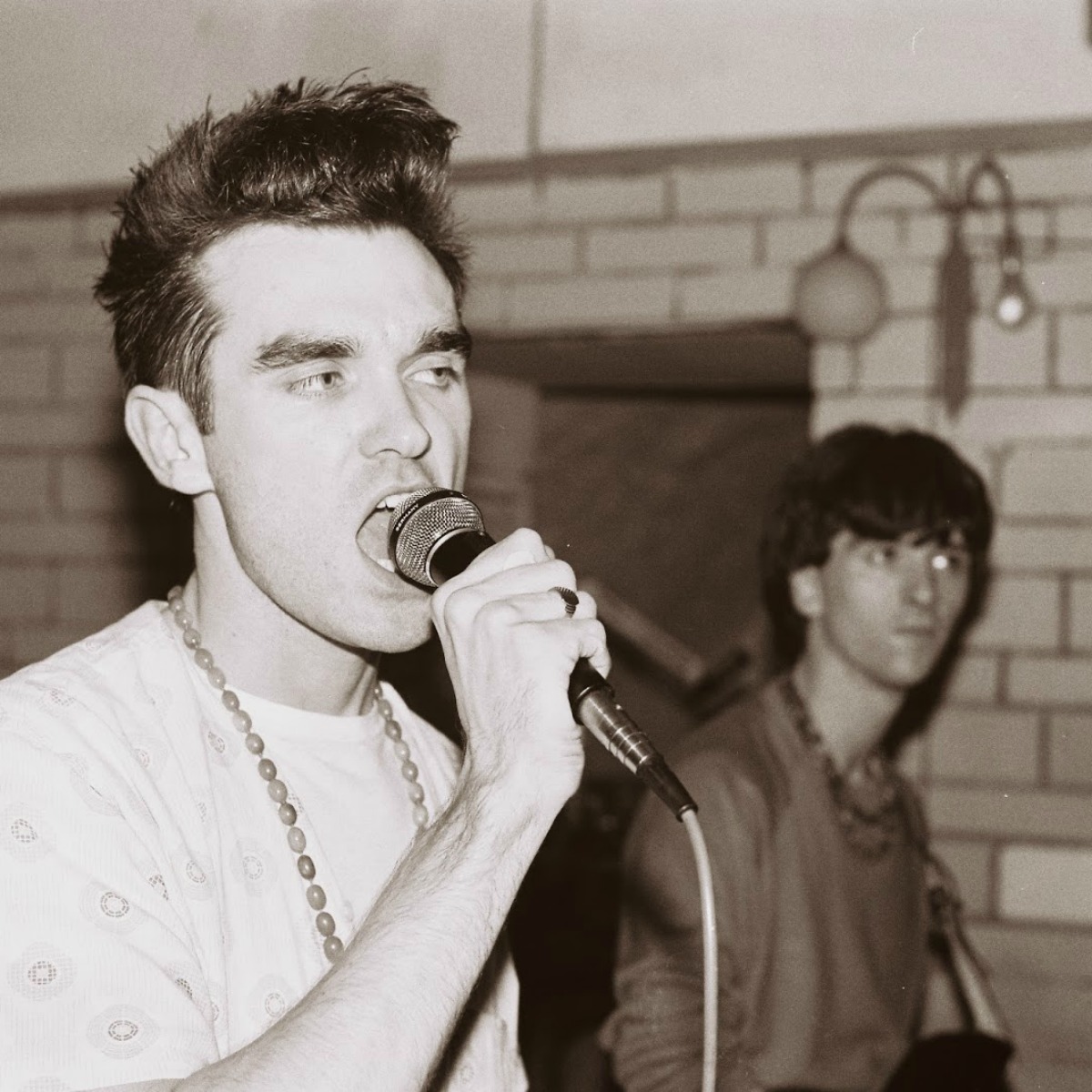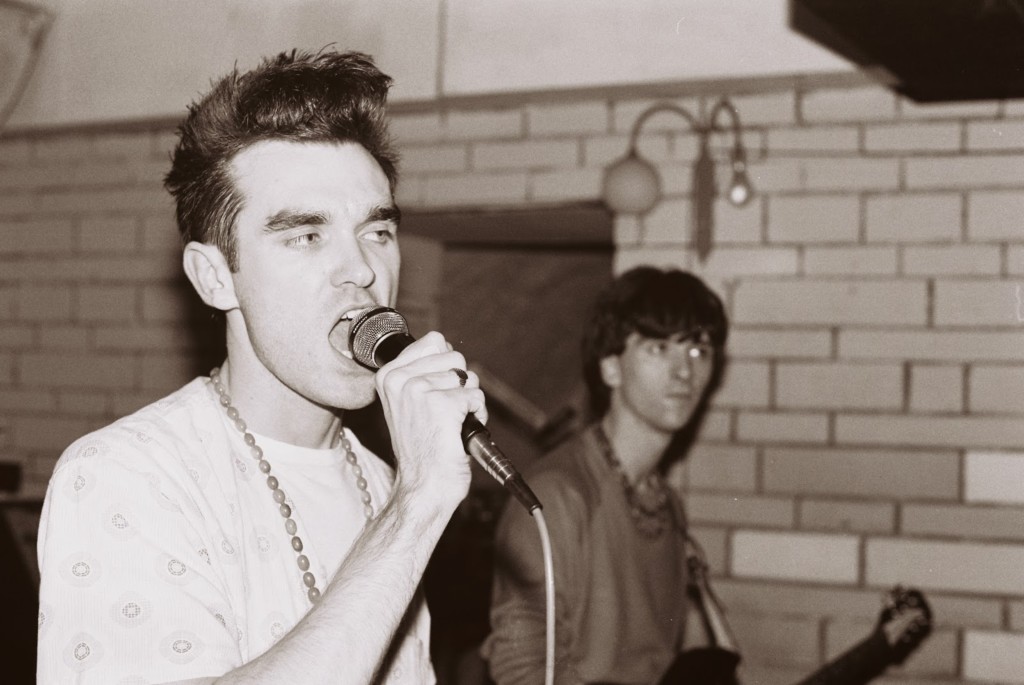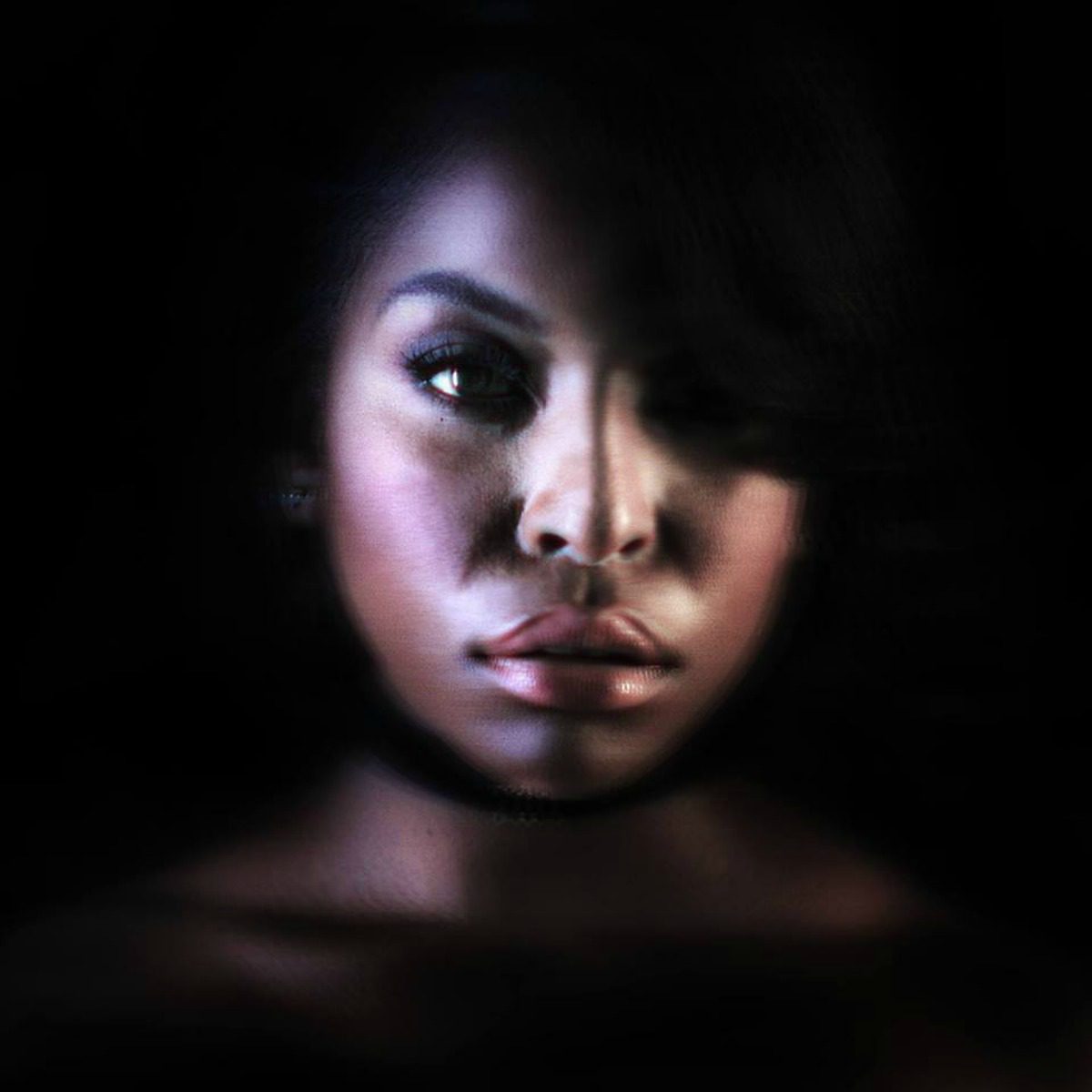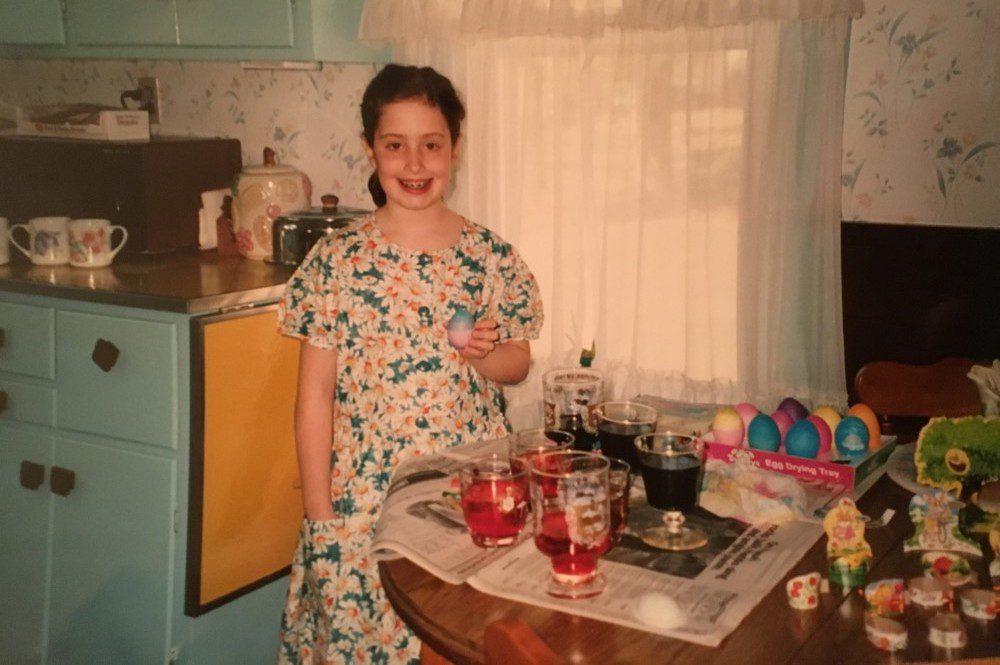
Someone I used to date always said that I only hated everything that existed. I fucking hated that guy, but he may have been on to something. I’ve long been called many things; a contrarian, a hater, overly opinionated, and my personal favorite, too intense. But while those assessments can ring true, they don’t take into account my aptitude for eating crow, a skill best exemplified in my musical flip-flopping over the years. Lengthy is the list of bands I used to “hate” and now adore. Changing your mind is a simultaneously painful and elating metamorphosis to endure. Especially when it requires letting go of a pre-teen ethos deeply rooted in punk rock; a genre that is constantly evaluating it’s own badassness. My leading question as a 14-year-old closet pop-addict being: does liking ABBA make me less punk rock?
Before my musical diet broadened exponentially, before I caught myself enjoying a Taylor Swift song here and there, or found out that I did in fact like hip hop, The Cardigans, and Kate Bush, I pretty much only listened to punk. I wanted music with anger issues. I was allergic to melody…or so I thought. There was a specific regimen of sloppy, fast, and distorted a song had to abide by to catch my attention. It was a closed mindedness I’m shocked anyone was able to put up with. My mom would softly chide me as I furiously jabbed the radio tuner in search of something to appease my limited tastes, “variety is the spice of life, you know.”
And she was right! But I couldn’t even see the variety so intrinsic to punk rock at first: jazz, ska, rockabilly, country…they all found homes in the tedious sub-genres of punk at some stage or another. But at the time it had a narrow definition, and more importantly, existed in a vacuum. Whenever my dad would try to relate to me by voicing observations such as: “hey, this is really just sped-up pop music!” I would defend its “hardcore” integrity with a spiny vengeance.
Pop was also burdened with a slim definition. Pop meant flaccid and saccharine. Pop was the noise that bubblegum made. Pop was the opposite of punk, unless it was pop punk, a genre I absolutely indulged in but would go to painstaking lengths to rename as “skater punk” or “neo-punk” because semantics and titles meant that much to me. I wonder why.
There were countless bands that I tossed aside in my one-woman-war against melody. The Smiths were top of the heap. Did I really hate The Smiths because I’d patiently, painfully sat through full albums and just couldn’t stand the irresistible brightness of Johnny Marr’s guitar, or Morrissey’s delicious voice? Or did I stop my investigation short of listening, scoff at the flowers in Moz’s pocket, and turn away the moment I realized that everyone else loved them? As we know, pop is short for popular, and with discriminating ears I’d decided that “popular” was synonymous with “crap.”
It took me a long time to realize that hating something because of its popularity is just as lame as liking it for that reason. Concept, I’ve learned, can be the enemy. Those little placards next to the paintings at museums can never communicate what it is that the canvas does to you. It may seem funny that a music critic is telling you to not listen to the ideas surrounding music, but before a critic I’m a listener, and one thing I know is that diving in on your own, swimming around, feeling the temperature and the texture of a song…that’s all that really matters. Gleaning significance from a concept-a synopsis really, no longer interests me…I want the meat of the thing. And it was with this abandonment that I was finally able to enjoy a whole slew of music I would have shrugged off in my younger years.
If concept is the enemy, context is a friend. After all, it was context that first tricked me into liking The Smiths. I was on an ugly grey balcony in Seattle, the balcony belonging to a friend’s hip older brother. It was the summer before I moved to New York and I found myself dating hip big brother’s college friend, a coy Brit who played with his bangs too much.
The brother, being a musician, had a hoard of instruments strewn about his apartment, along with plenty of friends who could play them. What college apartment would be complete without the requisite acoustic guitar, after all?
Though I grew up in the midst of musicians and have been witness to my fair share of casual-setting sing-alongs, I’ve never taken a shine to them. Too intimate. Too showy. Mostly too intimate. This occasion was no different.
Some guy with a fashion mullet and a purple zip up hoodie started strumming away on a six-string, and though I already wanted to run far away, I remained board-stiff in my deck chair. The song was requested by the Englishman, who shortly began to sing:
“stop me, uh-uh-oh stop me, stop me if you think that you’ve heard this one before…”
My ears perked up-I hadn’t heard this one before. I loved it. I wanted to know who wrote it so I could hear the original version as soon as humanly possible and wash the sonic imprint of this “stripped-down” cover from my skull.
“Whose song is that?!” I demanded.
The two men looked at each other with mild disgust that I didn’t already know.
“The Smiths,” replied a thin British accent.
Fuck.
It was the beginning of an ongoing love affair that peaked mid-college, at which point I effectively ruined The Smiths for my first New York boyfriend after playing their catalog too much. I probably have friends who think I still hate The Smiths. Don’t tell them.
My newfound love of the Salford four might suggest a wellspring of new interests on less aggressive terrain…say Belle and Sebastian, for instance. Not so. I found Stuart Murdoch’s voice too whispering, the music too soft, too…wussy. For years I scoffed at the mention of them, never realizing that Murdoch’s lyrics were just as divisive as Morrissey’s, Elvis Costello’s, and Paddy McAloon’s.
But the battle against Belle and Sebastian would be lost to one song: “The Blues Are Still Blue” off of 2006’s The Life Pursuit. I was studying in Milan and sharing a mini apartment with a friend from school. The two of us were practically married, sharing a bedroom, class schedule, and groceries. We would cook for each other and spend hours at our tiny kitchen table smoking poorly rolled cigarettes and finishing off bottles of three euros red. Wine-stained and enthused, we would exit our circular debates about religion and politics, opting instead to play music we suspected the other hadn’t heard. This was much easier for her, as she was Brazilian, and could pretty much stump me with anything other than Sergio Mendes or Os Mutantes.
And yet her greatest victory in this game was Belle and Sebastian, which took her months to secure. “No. I don’t like Belle and Sebastian. I can’t stand Stuart Murdoch’s voice.” I insisted. “Ah, but you have to hear this song” she would counter. It hit me like a kiss. There was no denying it was a fantastic song; dripping in hooks, with a chorus you couldn’t stand not to sing. I admitted after a few listens that it was pretty catchy, but just because I liked one song didn’t mean I liked the band as a whole.
Within weeks I was secretly listening to other songs off The Life Pursuit, then the entire album, and eventually, older Belle and Sebastian records. Right before we graduated I conceded to my persuader. “You did it,” I reluctantly grunted. “You made me like Belle and Sebastian. Are you happy now?” She smiled with purple lips. I still can’t get her into Nick Cave. She doesn’t like music that is too angry.





